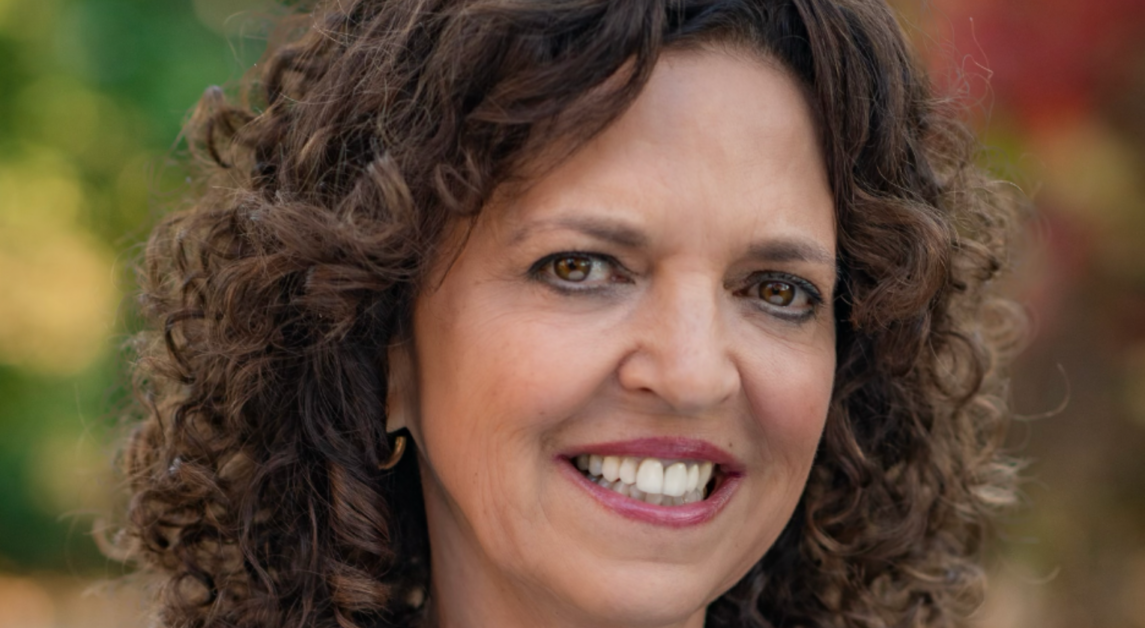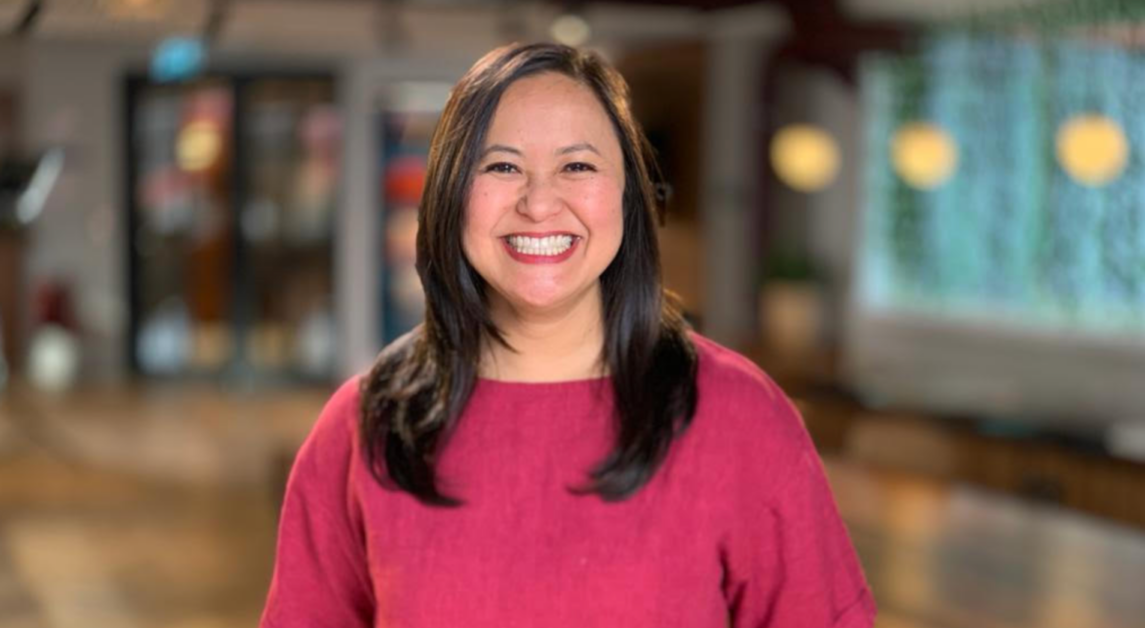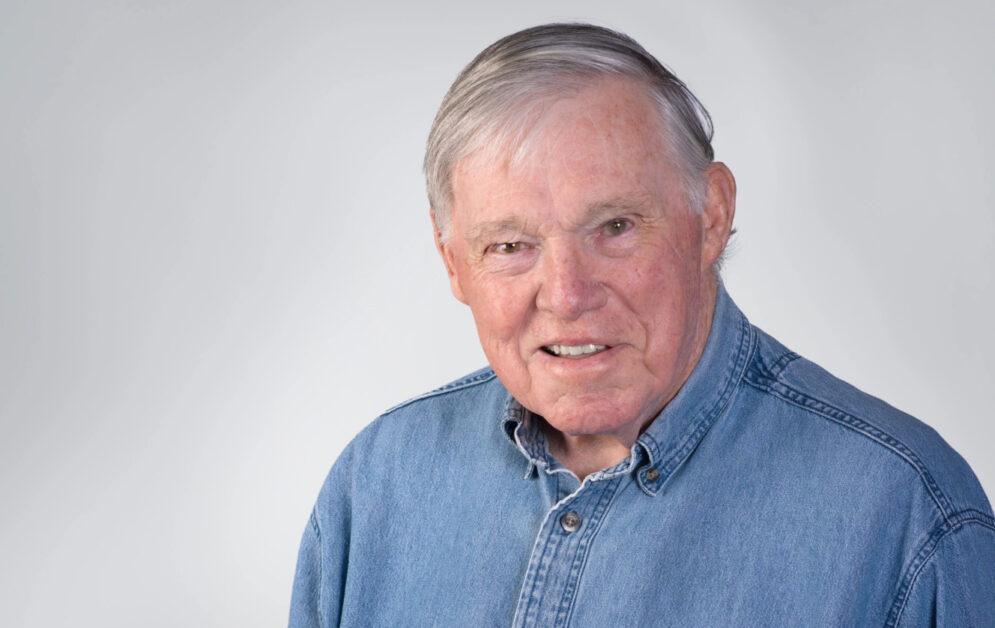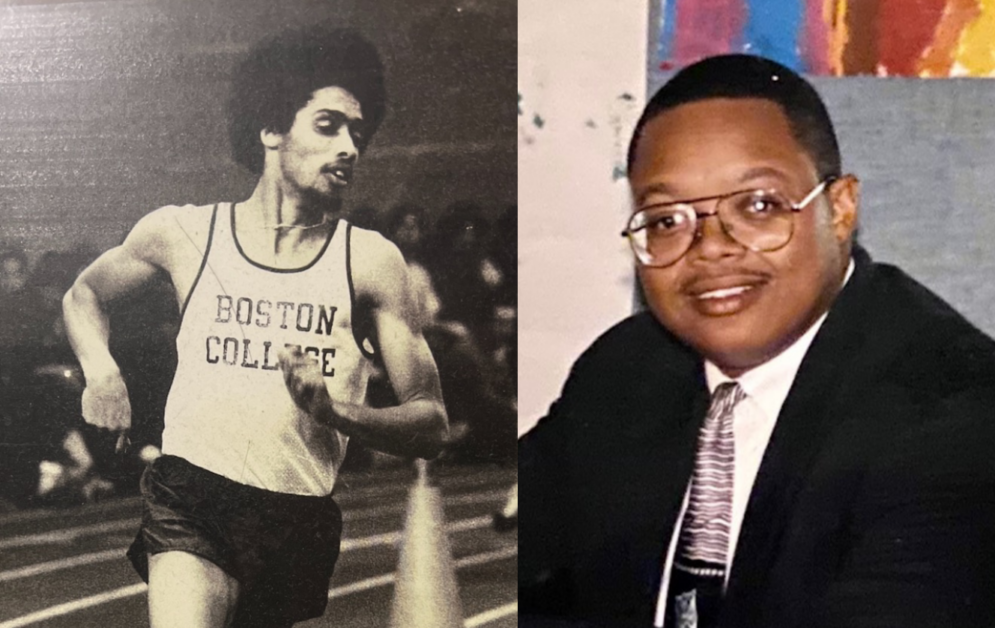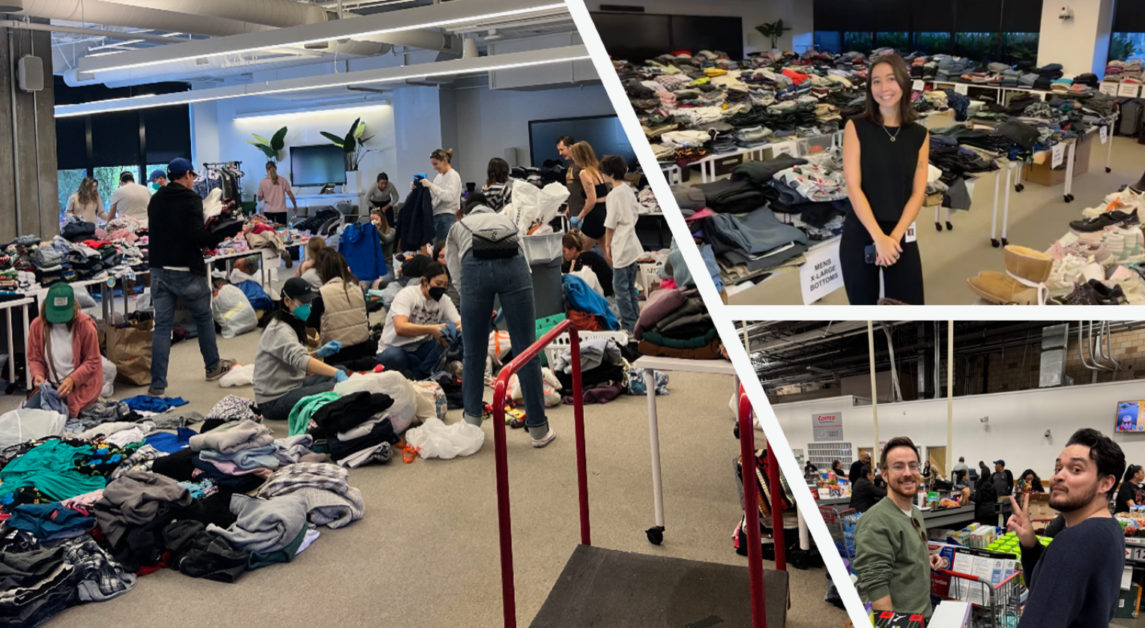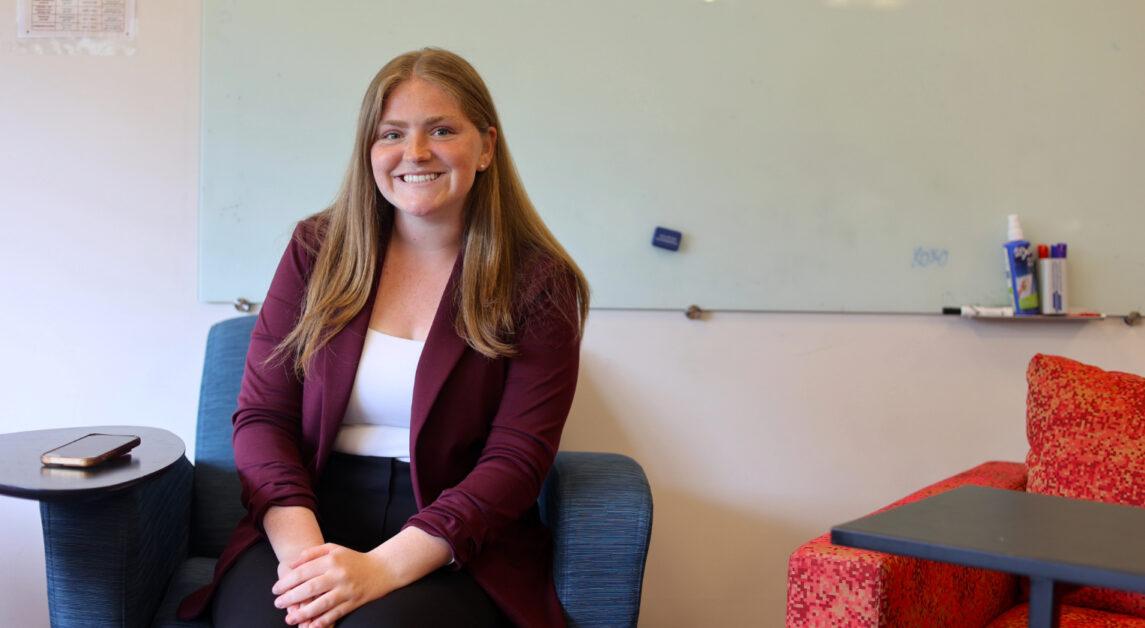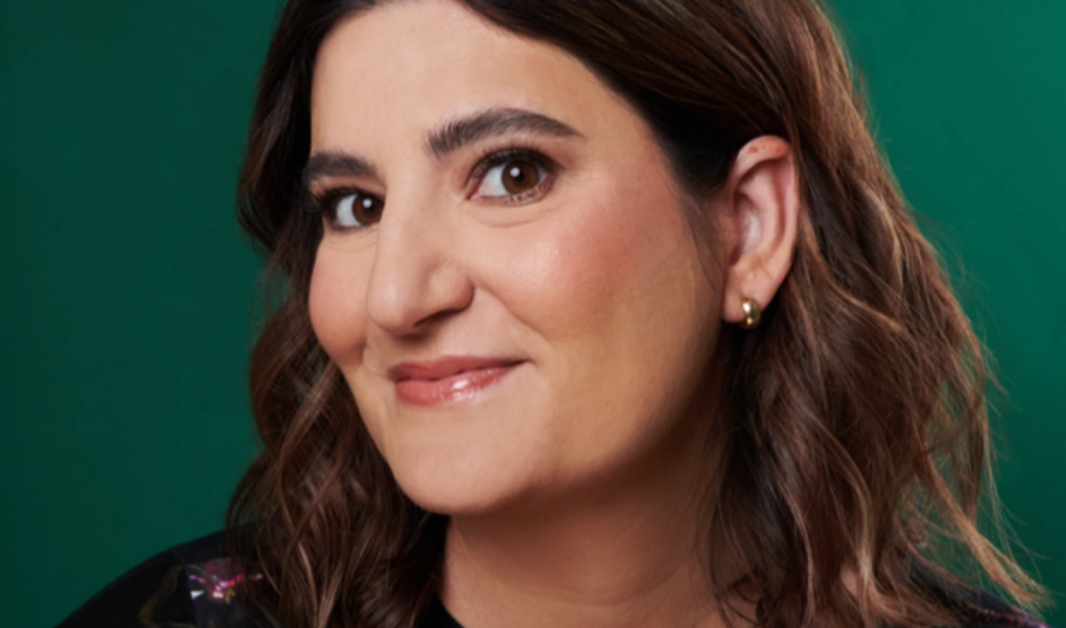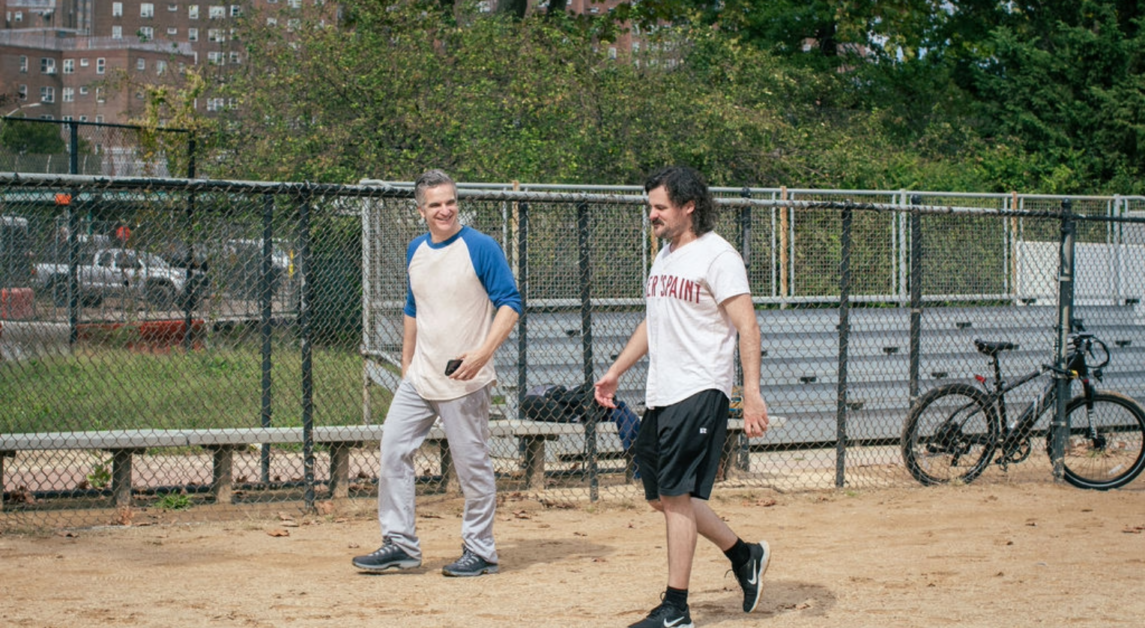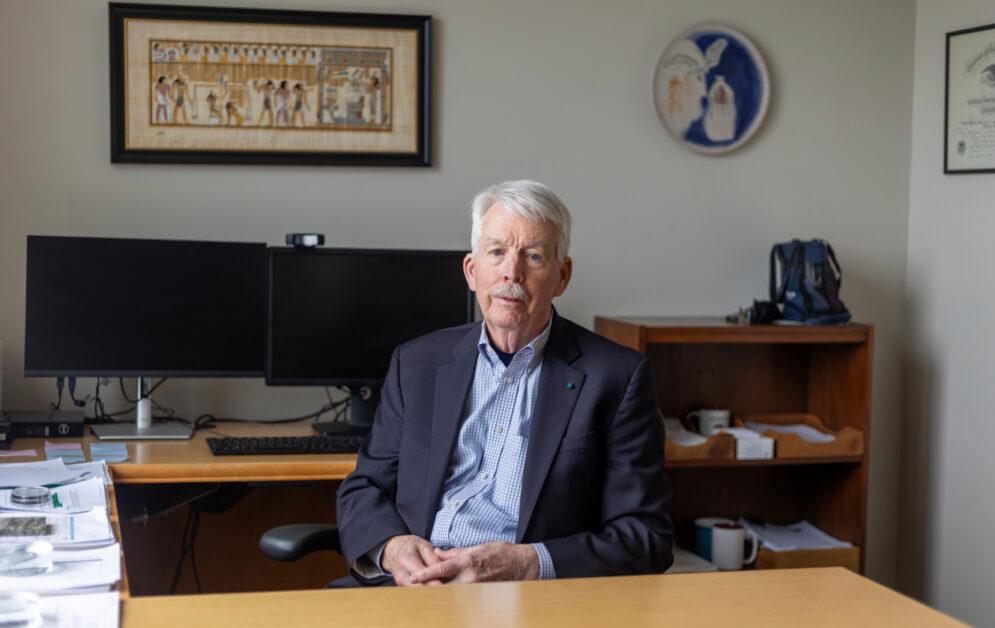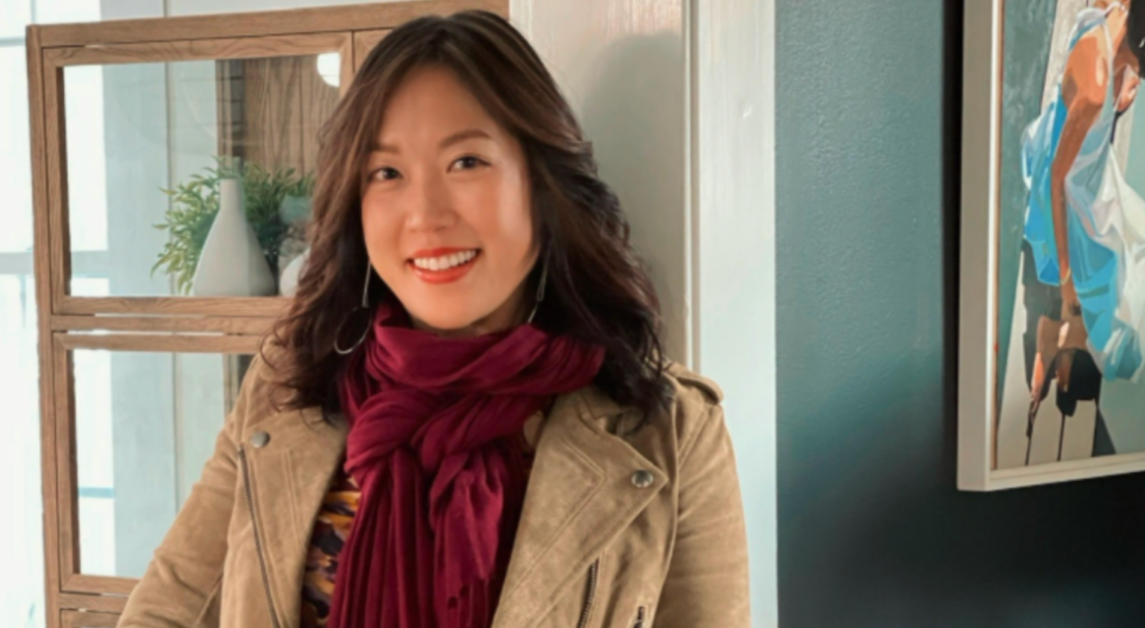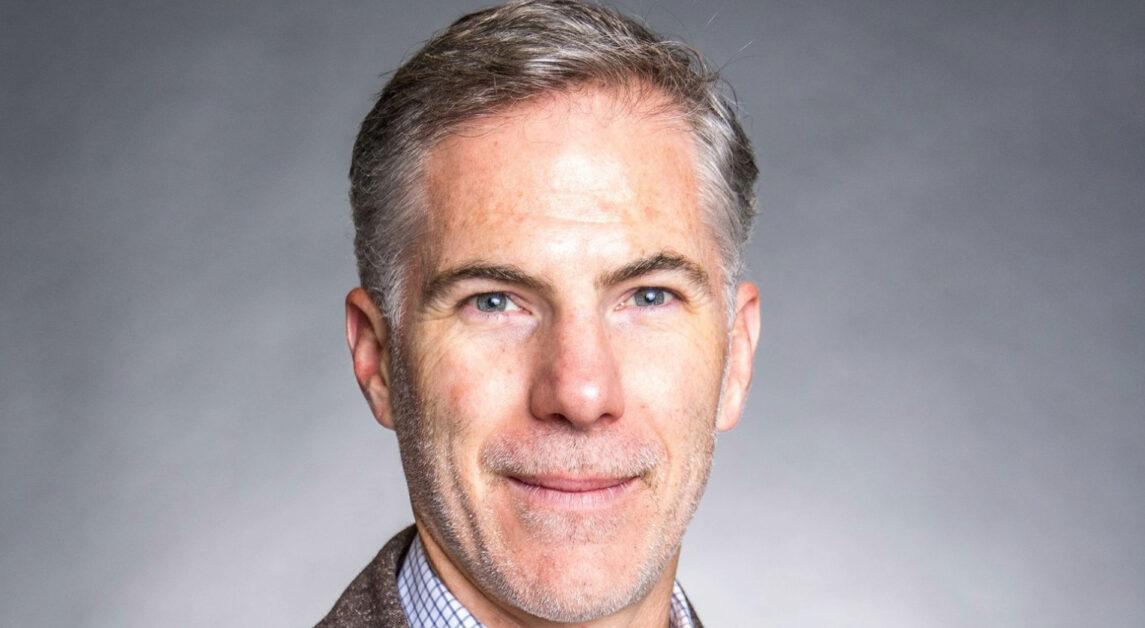Unlike many other global issues today, malnutrition is a problem with a clearly identifiable solution: proper food distribution. Every 11 seconds, a child dies from malnutrition, and Navyn Salem, BC ’94, said this reality is unacceptable. Salem, founder and CEO of Edesia Nutrition, plastered a mantra on her office door that expresses her attitude toward solving malnutrition—“Find a Way.”
Edesia is a non-profit social enterprise that produces ready-to-use foods to fight malnutrition in the world’s most vulnerable populations. The main product Edesia produces is Plumpy’Nut, a ready-to-eat food that Nutriset, a French company, created for famine relief. Salem partnered with Nutriset when she first started Edesia with the goal of distributing more of the life-saving solution throughout the world.
“It’s a mixture of peanuts, milk powder, vegetable oil, sugar, and lots of vitamins and minerals, and … it’s ready to eat, meaning it doesn’t need to be mixed with water or refrigerated,” Salem said. “The solution prior to this for malnutrition required those two things, but they don’t exist in most developing countries.”
Although Salem did not envision herself working in social entrepreneurship during her time at Boston College, she formed a passion for giving back to underprivileged communities through her involvement in community service trips. Salem said the competitive nature of service clubs at BC surprised her because she expected that most students would prefer to go on tropical vacations during their breaks. She found, however, that many of her classmates were interested in community service instead.
“It was really fun to be able to know that community service and that type of activity was cool,” Salem said. “I think that’s just a great lesson to learn early in life that, you know, giving back can be such an amazing part of life and that it should be part of everybody’s life.”
In addition to participating in community service initiatives while at BC, Salem majored in communications, minored in marketing, and served as the advertising manager for The Heights. After graduating, she worked at an advertising agency and subsequently worked for The Boston Globe.
Salem’s career aspirations began to pivot after she had four kids in five years. Despite having access to every resource she needed throughout her pregnancies and while raising her kids, she said, motherhood was still challenging. This made her begin to think about the disproportionate experiences of mothers and their children around the world.
“My dad is from Tanzania, so I thought a lot about … what mothers have to go through in developing countries,” Salem said. “How do people in the developing world who don’t have running water in their house and electricity and all these basic things, how do they survive? And I thought, ‘This is something that I want to investigate.’”
In 2007, after her youngest daughter turned one year old, Salem took a trip to Tanzania to get a firsthand glimpse of what the conditions were like in developing countries.
“I went for two weeks … and found that there’s this problem called malnutrition that was killing over 8,000 children under the age of five every day, [which is] something that we know how to prevent, and so I instantly knew that this was something that I wanted to tackle,” Salem said.
When Salem returned, she was set on addressing the malnutrition that she had witnessed abroad but said that she knew this was not going to be an easy feat for her, as she described herself as a shy person and had never envisioned herself having the confidence to start her own business.
“I had that shy part of me … and I was like, ‘Okay, you have to overcome this or you can’t tell people what they need to care about. You can’t tell people what you’ve seen and this problem that you’ve identified and the solution that has been identified if I don’t find my voice and use it from … the highest rooftops,’” Salem said. “And so, right then and there, I just decided to get over that fear and start talking.”
With newfound confidence and her mind set on finding a way to combat malnutrition, Salem founded Edesia in 2009. Salem built Edesia around the model of a social enterprise organization, which was not a normal business model at the time. Social enterprise organizations combine the social mission of a traditional non-profit with commercial strategies used by everyday businesses. This particular business model was key to Edesia’s success since it would give the company the power to scale up like a traditional business and do good on a larger scale, Salem said.
“[The social enterprise organization model] also makes you not choose between doing good and running a business,” Salem said. “It’s just run like every other business except our main metric is how many kids’ lives that we saved this year.”
Salem said explaining this type of business model to potential partners was difficult when she first launched Edesia since social enterprise organizations were abnormal at the time.
Salem also knew that she wanted to partner with powerful, non-governmental organizations like United Nations Children’s Fund (UNICEF) from the start in order to distribute her product, but getting in touch with these organizations was difficult at first, she said.
“When you have no connections and you need to … work for UNICEF, you know, it’s a huge United Nations organization, so how do you do that?” Salem said. “And so I figured, you know, ‘Well I’ll fly to Copenhagen, set up a meeting, fly to Rome to meet with the World Food Programme, hang out in Washington, D.C. and try to make friends at USAID, and build those relationships from the ground up.”
By putting herself out there and staying dedicated to her mission, Salem said she was able to build trust and connections with these organizations, allowing Edesia to partner with them.
Salem said Edesia’s main customers are UNICEF, United States Agency for International Development (USAID), and the World Food Programme. These organizations fundraise on their own and then distribute Edesia’s food products to developing nations. Through Edesia’s own fundraising, a small portion of its products is distributed directly at no cost to the countries to which it goes, Salem said.
Edesia operates 24 hours of the day to make its product, as there is a high demand for the organization’s foods. Salem said that she and her team are constantly innovating and working ahead to ensure that they can get their products to the areas that need it most.
“Do you think that starving children of Ethiopia can wait because there’s a supply chain problem in the ports in America?” Salem said. “No. How do you avoid having your own supply chain problem? Buy twice as many raw materials, so you don’t run out of peanuts to make Plumpy’Nut.”
This sense of urgency and dedication to its cause is embodied within the employee culture at Edesia, Caroline Ogonowski, BC ’09 and chief of staff at Edesia, said. Ogonowski began working in the humanitarian assistance field as a student representative for the American Red Cross during her four years at BC. After her graduation, Ogonowski volunteered with homeless veterans and later worked for USAID in the bureau for humanitarian assistance, where she first heard about Edesia, she said.
For many of Edesia’s employees, the concept of malnutrition isn’t far from home, so there is a shared dedication to the company’s mission, Ogonowski said.
“We actually have quite a few employees who are either former refugees or people who were living in countries where they actually needed to rely on the types of products that we make,” Ogonowski said. “So I think there’s a really strong connection to our work … across the board. Navyn [Salem] makes sure that people are aware of the reason why we do what we do and the reason why we work so hard and have such long hours.”
The emergence of the COVID-19 pandemic put Edesia’s research and development efforts to the test. After seeing the disproportionate impact of the pandemic on underprivileged families in the U.S. who often relied on school lunch programs to feed their children, Salem and her team worked to develop an actual peanut butter that could be distributed throughout the U.S. Within a week, the Edesia team created MeWe, a peanut butter that comes in a single-serve packet.
“Within two weeks, the U.S. Department of Agriculture requested three million of these packets,” Salem said. “It started to go to food banks and school lunch programs across the United States. So, in 2020, we added the United States as our 60th country that we serve and started doing humanitarian work for the first time in the United States.”
Edesia has recently developed a new line of products in partnership with Chobani that are in retail stores across the country. One hundred percent of the profits from these products go to Edesia, allowing the organization to send more of its products out to countries in need.
Three years ago, after seeing a 60 Minutes episode on Chobani founder and CEO Hamdi Ulukaya and his dedication to promoting social good through his business, Salem said she knew she wanted to work with him. Ulukaya’s business style intrigued her, she said, because it seemed they had similar values—so she was persistent in finding a way to meet with him.
It took three tries to successfully meet with Ulukaya, she said, because Chobani is such a large company and getting in communication with the CEO was a challenge. First, he didn’t show up to what Salem thought was a clearly scheduled meeting. Next, the people at Chobani told Salem to apply to the Chobani incubator program for new businesses, from which she was rejected the first time around. Finally, Edesia was accepted into the incubator program, and Salem was able to gain Ulukaya’s attention and partner with him.
Salem cited this sense of determination as key to her success over the past 12 years, as she realized she can use her resources and stance as a businesswoman to pursue her mission.
“You’re fighting on behalf of children who don’t have a voice and mothers who don’t have voices, and I have found myself on a platform with a voice,” Salem said. “It’s my responsibility to go and find these sponsorships.”
Since she first started Edesia, Salem said she has dedicated herself to finding a way to execute her mission. In 2021, Edesia has reached over 2.5 million children with full eight-week nutritional treatment packs, and Salem plans to double their capacity in 2022 from producing an average of 1.5 million packets daily to three million children.
Because of various current global issues—such as the pandemic, climate change, and ongoing wars—the demand for Edesia’s products is high, Salem said, so she wants to grow to meet this demand as best as she can to fulfill the organization’s mission.
“[Edesia] is not just a place that makes food—it’s really a place that makes products that save children’s lives,” Ogonowski said. “We have a strong connection to our mission and to our vision, which is to end malnutrition entirely.”
Featured Graphic by Annie Corrigan / Heights Editor
Photos Courtesy of Navyn Salem

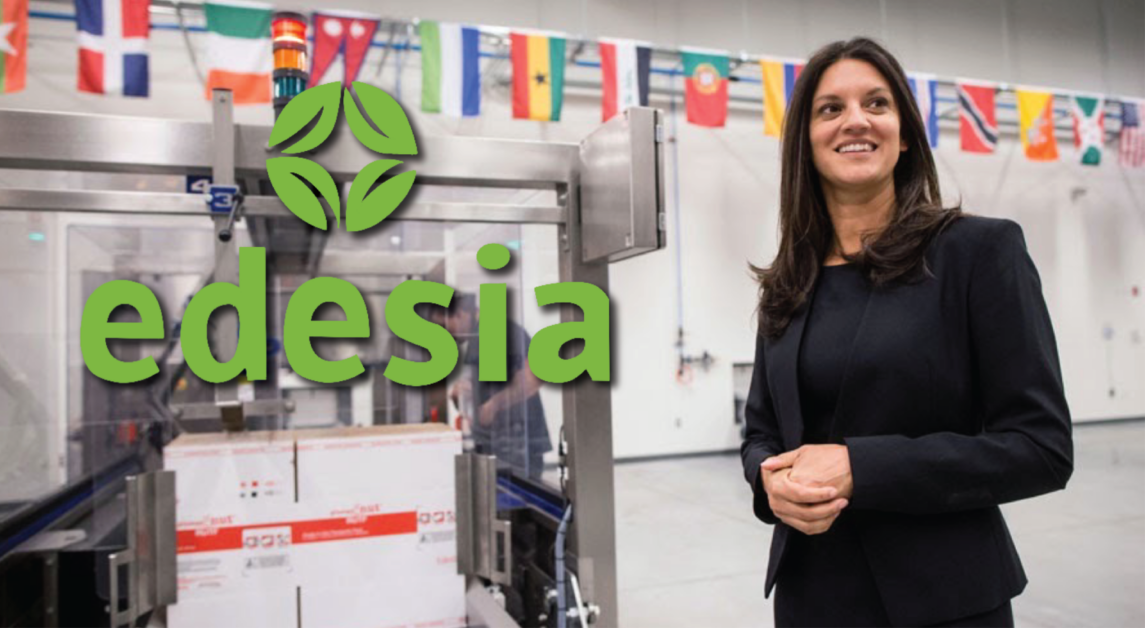
![“[The social enterprise organization model] also makes you not choose between doing good and running a business,” Salem said. “It’s just run like every other business except our main metric is how many kids’ lives that we saved this year.”](https://bcheights.com/wp-content/uploads/2022/01/mag4-942x628.jpg)
![“[The social enterprise organization model] also makes you not choose between doing good and running a business,” Salem said. “It’s just run like every other business except our main metric is how many kids’ lives that we saved this year.”](https://bcheights.com/wp-content/uploads/2022/01/mag3-942x628.jpg)
![“[The social enterprise organization model] also makes you not choose between doing good and running a business,” Salem said. “It’s just run like every other business except our main metric is how many kids’ lives that we saved this year.”](https://bcheights.com/wp-content/uploads/2022/01/mag2-944x628.jpg)
![“[The social enterprise organization model] also makes you not choose between doing good and running a business,” Salem said. “It’s just run like every other business except our main metric is how many kids’ lives that we saved this year.”](https://bcheights.com/wp-content/uploads/2022/01/mag1-941x628.jpg)
![“[The social enterprise organization model] also makes you not choose between doing good and running a business,” Salem said. “It’s just run like every other business except our main metric is how many kids’ lives that we saved this year.”](https://bcheights.com/wp-content/uploads/2022/01/mag7-868x628.jpg)

